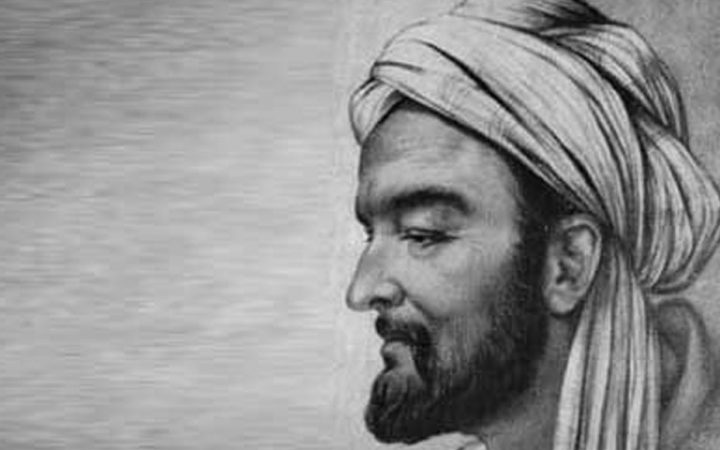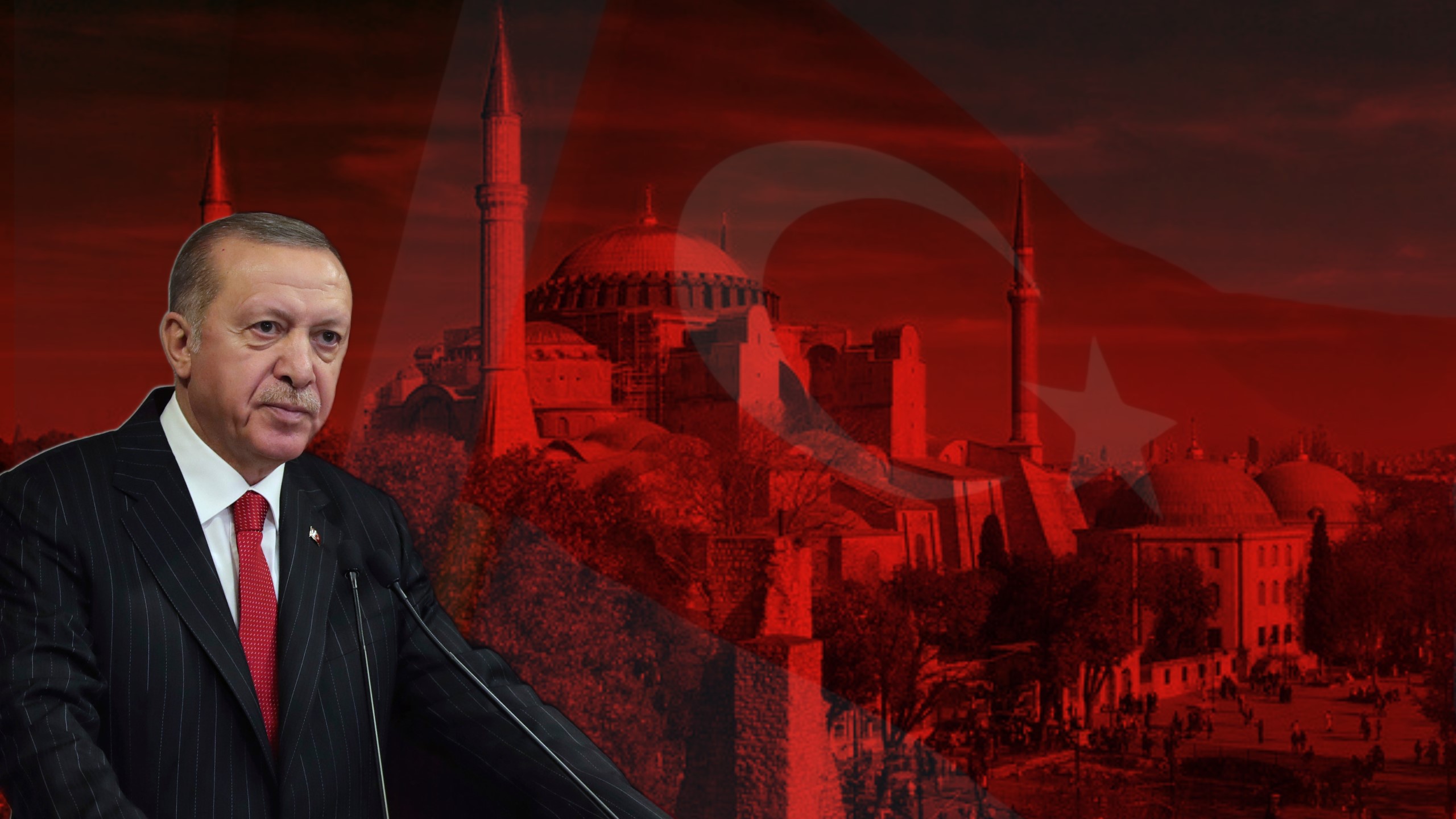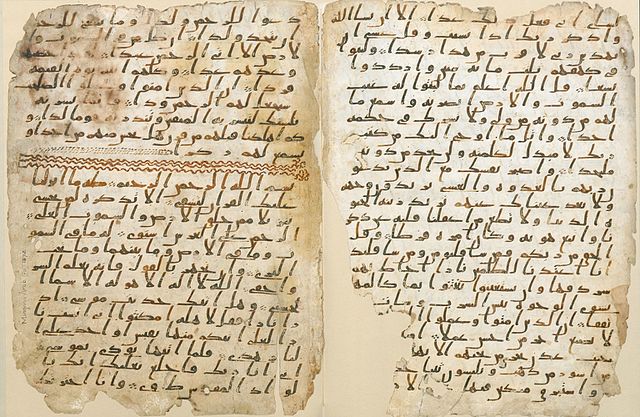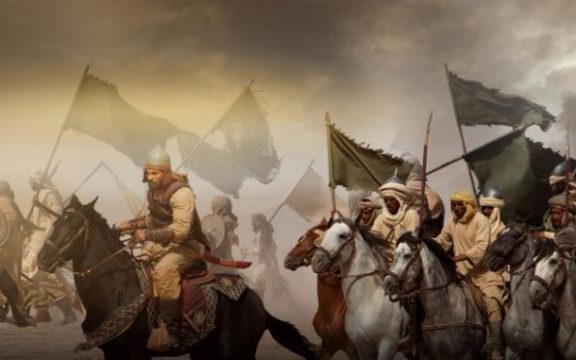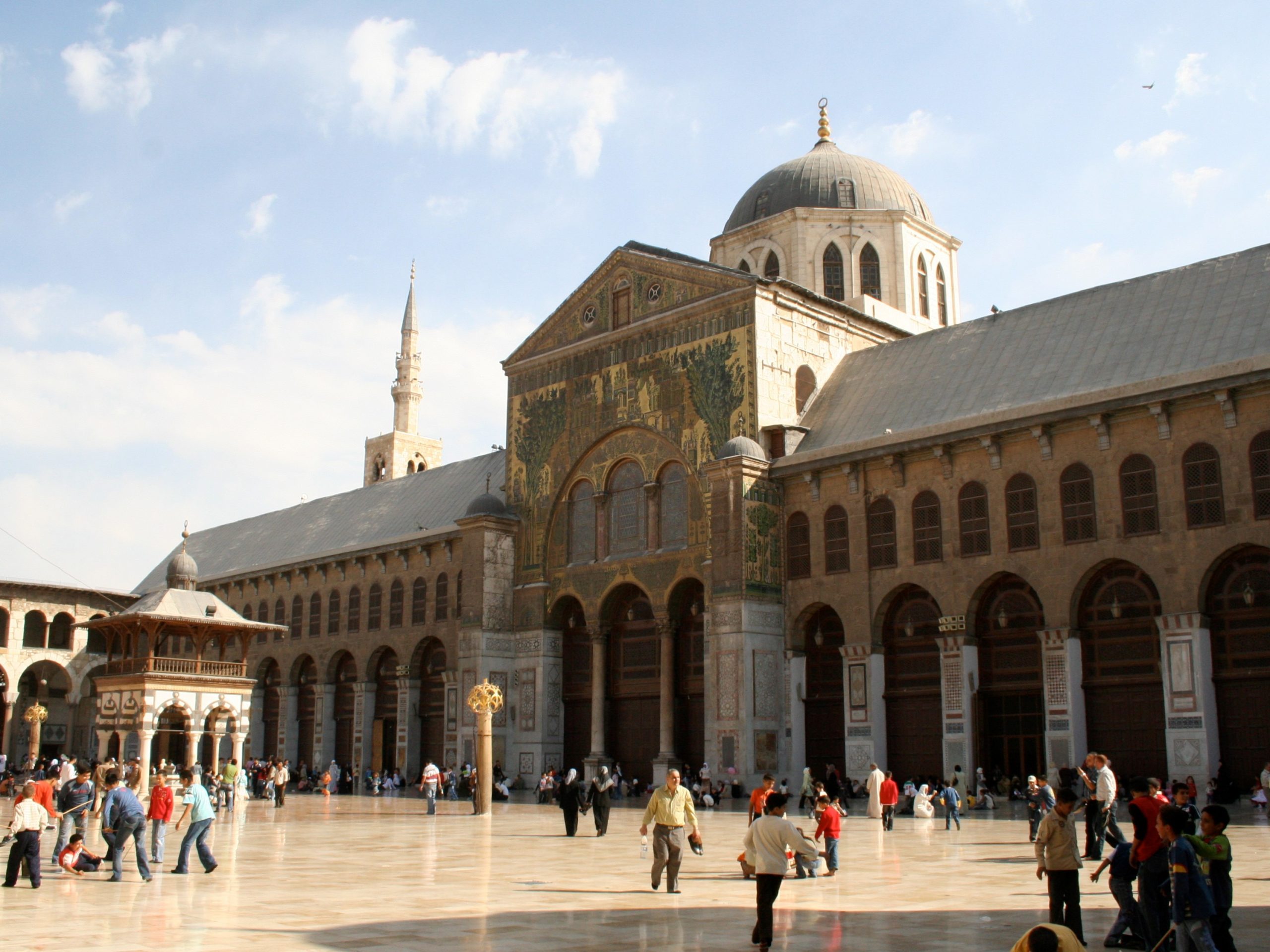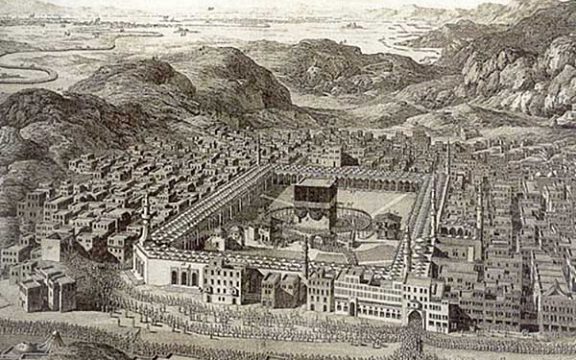In his magnum opus al-Muqaddimah, the outstanding historian Ibn Khaldun (d. 17 March 1406) analyzes the reasons for the downfall of the Umayyad Dynasty and also the Abbasid. Ibn Khaldun mentioned, among other factors, the successors of the Umayyad caliphs who were driven by the worldly pleasure and forgot the struggle of their predecessors. Furthermore, the Abbasid Khilafah came which succeeded in overthrowing Umayyad and led to the peak of power. At the beginning, they tried to direct the path of power towards truth, but in the end, after Harun al-Rasyid, everything was changed.
According to Ibn Khaldun, there were devoted people but morally corrupted at the same time, so power became an instrument of boasting life and Abbasid rulers sank into worldly pleasures. They blatantly neglect religious values, said Ibn Khaldun, so that Allah took over their power from the Arabs completely and replaced by other nations.
Ibn Khaldun, who died in the Mamluk period, asserted that God did not give punishment to His servants. In other words, Ibn Khaldun wanted to show that the fall of the Umayyad and Abbasid Caliphates was due to their own actions. He highlighted that those who want to observe the history of the caliphs will know the truth of his statement.
Then, Ibn Khaldun quoted al-Mas’udi, the classical Arab historian who died in 956, that narrated the same case about the negative behavior of the Umayyads: when Abu Ja’far al-Mansur, the second Abbasid Caliph, met his uncle to looking for some information about the Bani Umayyah, Abu Ja’far answered:
“Caliph Abdul Malik is an authoritarian ruler and does not care what he does. The Caliph Sulaiman just thought of his stomach and genitals. While Caliph Umar ibn Abdul Azis was like a blind person among people who are blind in both eyes. The person who became the leader was the Caliph Hisham.”
Ibn Khaldun continued the quote of Abu Ja’far which tells further that in the beginning, the Umayyad fulfilled their responsibilities, but then they satisfied their desires and disobeying God. In the later, God had clothed them with disgrace because of this negligence.
Then, Abu Ja’far called Abdullah bin Marwan who told of his meeting with the King of Nubia (located between Egypt and Sudan) when he fled from the pursuit of the Caliph As-Saffah (the first Abbasid Caliph). Narrated the dialogue between the King of Nubia with Abdullah bin Marwan.
The Nubian king asked: “Why do you drunk that is forbidden in your scriptures?”
Abdullah replied: “Our slaves and guards did it.”
“Why are you destroying crops and livestock, isn’t that an act that is forbidden?”
Abdullah once again replied: “Our slaves and followers who did it out of ignorance”
The king asked again: “Why are you wearing silk and gold when it is forbidden for you?”
Abdullah replied: “Our power was destroyed by non-Arabs (Persians). They converted to our religion and they wore silk and gold, even though we hated it. “
Hearing all of these answers from Abdullah, the King of Nubia said:
“Our slaves, our bodyguards, our followers are non-Arabs!!! The reality is not as you said. You are the one who justifies what is forbidden. You did the prohibited deeds and abused your power so that God inflicted disasters on you (Bani Umayyah).
The Nubian king angrily continued: “I am worried that if your Lord inflicts His punishment on you now while you are in my country, I will be affected by your calamity. Stay for only three days, then get out of my country! “
Ibn Khaldun then made a striking comment on the above story: “It is clear to you now, how the caliphate turned into mere worldly power.”
From Ibn Khaldun’s explanation, we should leave blaming each other. It is time to be honest with the reality and historical facts. If even the best generation in the past could not stand the temptations of the world and the desire of power, what is the guarantee that Khilafah supporters – who campaign about Khilafah – could be better than past generations? Aren’t we worried about falling into the pit of humiliation once again?
There seems a double standard in these matters: if there is a good one from the period of the Khilafah in the past, they, Khilafah system supporters, will justify how great the Khilafah was, as the current solution. In contrary, if there were flaws in Khilafah period, hastily resist like Abdullah’s response above: they argue that ugliness was during the kingdom, not the Khilafah. The good one is claimed as from Khilafah, while the bad is the kingdom, although discuss of the Umayyad and Abbasid periods.
The innocent and humorous mode of Khilafah supporters is to criticize the democratic system, then to mention the fact of the greatness of the past khilafah as the present solution. When it is revealed that the history of the Khilafah had many problems, they were driven angry since their mode immediately fell apart. Finally, I would probably be blamed to be a liberal and kafir by Khilafah supporters. Hopefully after reading this writing, they did not necessarily to say that Ibn Khaldun was liberal and kafir.
![Islami[dot]co](https://en.islami.co/wp-content/themes/jambualas/images/logo.png)
